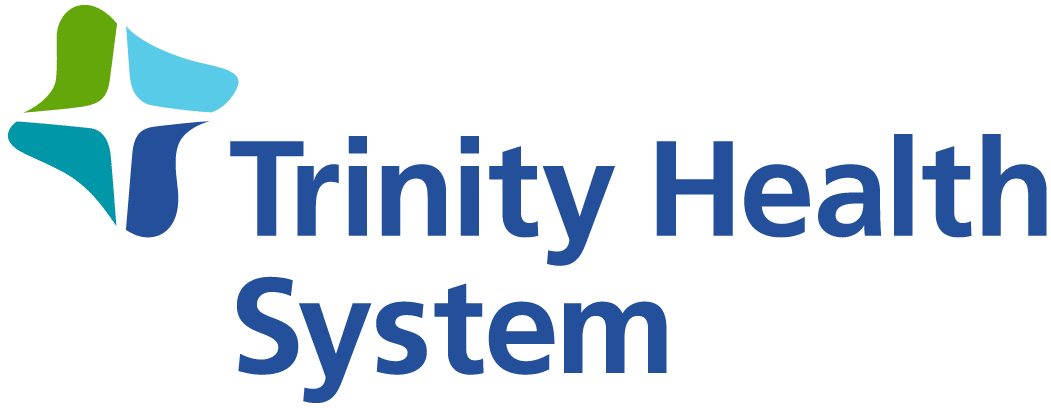Produce of the Month- Summer Squash
The Get Healthy challenge kicks off Monday 8/5/19, the log sheet was attached to last week’s email and this week’s email. Part of being a healthier version of yourself is to try different produce, to make sure you are getting all the different micro nutrients Mother Nature has to offer. Summer Squash is most ripe now, and here are a few facts about summer squash!
Squash is one of the most versatile and delicious foods available throughout the world, and it packs a serious punch in terms of health and medicinal benefits. Different varieties of squash have the ability to improve vision, aid in skin care, strengthen the immune system, prevent cancer, manage symptoms of diabetes, build strong bones, protect heart health, and reduce the symptoms of insomnia. It also helps prevent inflammatory conditions, relieves symptoms of arthritis, eliminates ulcers, eliminates parasites and infections, improves prostate health, protects against birth defects, boosts respiratory health, and reduces blood pressure.
Boosts Immunity
Squash is an important source of many nutrients, including vitamin C, magnesium, and other antioxidant compounds. These vitamins and minerals are important antioxidant components in the body, which help to neutralize free radicals throughout the body.
Anti-inflammatory Capacity
The anti-inflammatory activity of squash is due to the presence of omega-3 fatty acids, carotenoids like lutein, zeaxanthin, and beta-carotene, as well as somewhat unusual anti-inflammatory polysaccharidescalled homogalacturonan. Although anti-inflammatory effects can certainly extend to arthritis and gout, studies on squash have specifically linked its impact to reducing gastric and duodenal ulcer reduction, as well as to general anti-inflammation of the cardiovascularsystem. Inflammation in the body is closely linked to type-2 diabetes, which is one way in which it can help those suffering from that condition.
Improves Lung Health
The vitamin in highest quantities within squash is vitamin A, and studies have linked vitamin A to a reduction in emphysema, particularly for those who are consistently exposed to carcinogens like cigarette smokes. There is also an important carotenoid called beta-cryptoxanthin that has been linked to a reduction in the occurrence of lung cancer. Lung cancer is one of the most common forms of this terrible disease, so an increase in foods that contain vitamin A can be a very important protective element.
Regulates Blood Circulation
Many varieties of squash have high levels of iron and copper, both of which are essential components of red blood cells. What this means is that with enough squash in your diet, you can reduce your chances of developing anemia (iron deficiency) and you can generally increase circulation within your bloodstream, which can increase oxygenation, brain function, and overall energy levels.


